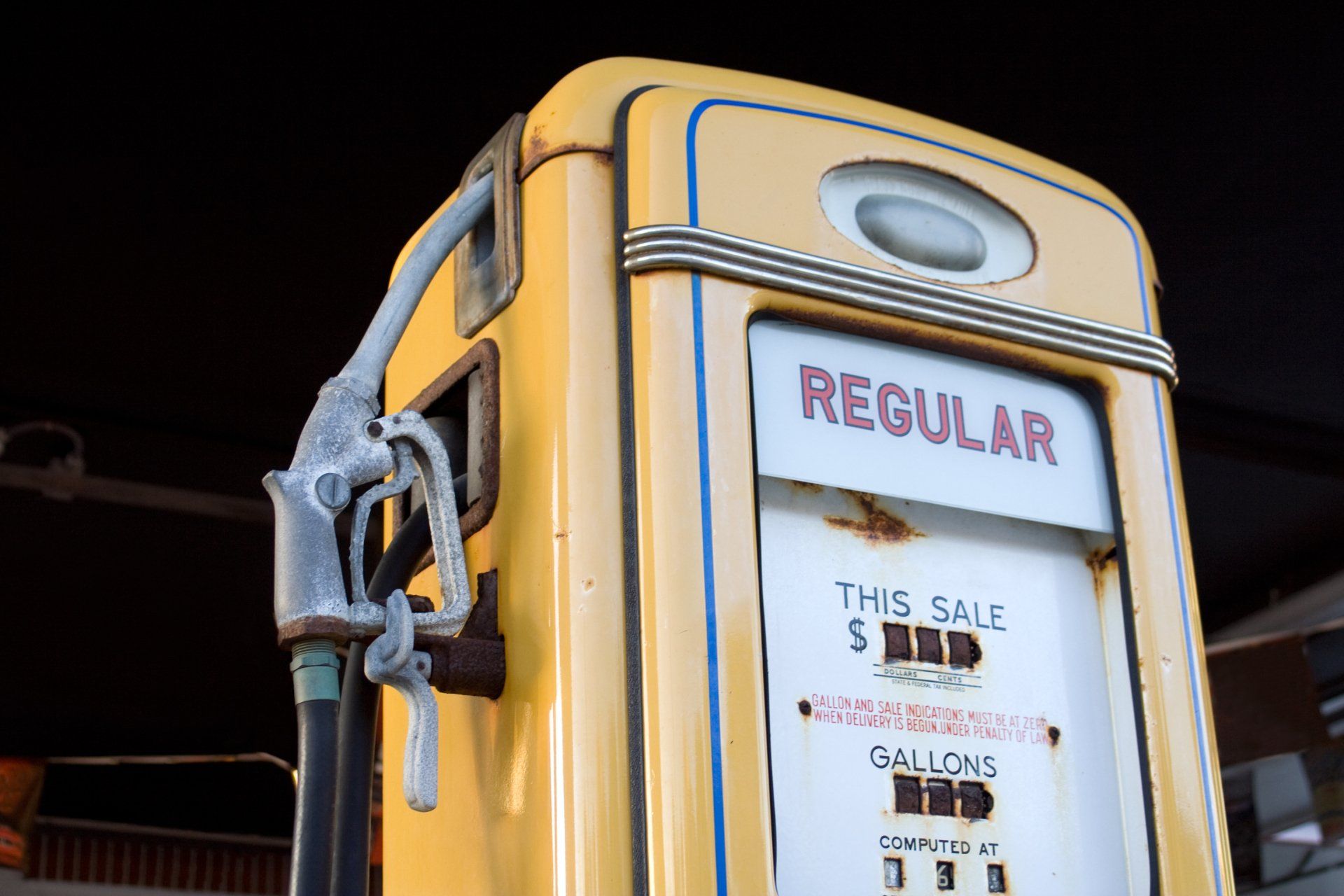A History of Gasoline Usage

Gasoline has become a vital part of the American transport sector as more households buy and use light-duty vehicles. However, gasoline was not always as important as it is today. Read on to learn the exciting history of gas and how its use has expanded in the modern market.
19th and 20th Centuries
The early years of the petroleum industry focused on producing kerosene for lamps. Oil producers and refineries considered gasoline a waste product. They would often dispose of it and concentrate on kerosene products. But better ways to refine gas and make gas-powered engines helped make gasoline an important source of energy for modern people.
Gas-powered engines
However, gasoline became widely used during the early 20th century. Rapid advancements in gasoline engines increased their automotive use. Karl Benz built the first practical gasoline-powered car in 1886.
Gas engines were more powerful and efficient than early electric motors. They also had fewer parts to maintain and could start quickly. These factors were important for rural farmers. The countryside didn't have electricity, and farmers began to use gas-powered tractors.
Gas production and refinement
However, gas production lagged behind gas-engine developments. The energy industry needed a proficient method to get gasoline from crude oil. William Burton created the first application of thermal cracking. Cracking uses heat, pressure, or catalysts to separate hydrocarbons based on their density. Burton's invention used heat as the primary separator.
Almer McAfee developed the first catalytic cracking process in 1923. This method made more gasoline than distillation did. It became one of the standards for making gasoline from crude oil. Charles Plank and Edward Rosinkin created the zeolite catalytic process that further refined petroleum into lighter carbon products.
Cheaper gasoline production and more efficient gas engines paved the way for more gas-powered vehicles. By the early 1900s, most cars sold in North America had gasoline-fueled internal combustion engines. Around this time, Henry Ford developed his Model T car. The automobile became famous thanks to its affordability and reliability.
During World War I, gasoline was often used to power small planes. The new need paved the way for the first large-scale refinement of crude oil for aviation. After the war, a production capacity surplus caused gas prices to fall sharply. This development led to rapid growth in the automobile industry. Cheaper gas increased car ownership among ordinary people.
Increased car usage in the US increased lead amounts in the atmosphere. Thomas Midgley Jr. discovered that gasoline knocking resulted from kerosene droplets in the fuel. He added tetraethyl lead as the anti-knock agent to counteract this effect. However, many research studies discovered that lead was carcinogenic.
Oil companies researched how to increase gasoline octane levels without using lead. Alternatives included ethanol, which researchers identified as a potential additive. Ethanol phased out leaded petroleum, generating a new blend of unleaded gasoline.
Modern Uses of Gasoline
Gasoline is one of the most used fuels in the world. In the United States, about 16% of all the energy used is in the form of gasoline. The transportation sector uses the most amount at about 58%. The US mandates that gasoline fuel has at least 10% ethanol as an additive.
Most light and medium-duty vehicles, like SUVs, light trucks, and motorcycles, run on gasoline. Small boats and planes can also use gasoline as the primary fuel. The industrial sector uses gasoline as a fuel for power generation and other applications. Gasoline can also power small engines, such as those found in lawnmowers and chain saws.
Gasoline is a big part of the energy, manufacturing, and transportation industries in the United States. It has also helped the economy grow. Thus, you might appreciate an efficient and timely supply based on our needs and consumption. If you own any vehicle or machine that requires gas to operate, contact us at Biltmore Oil.

